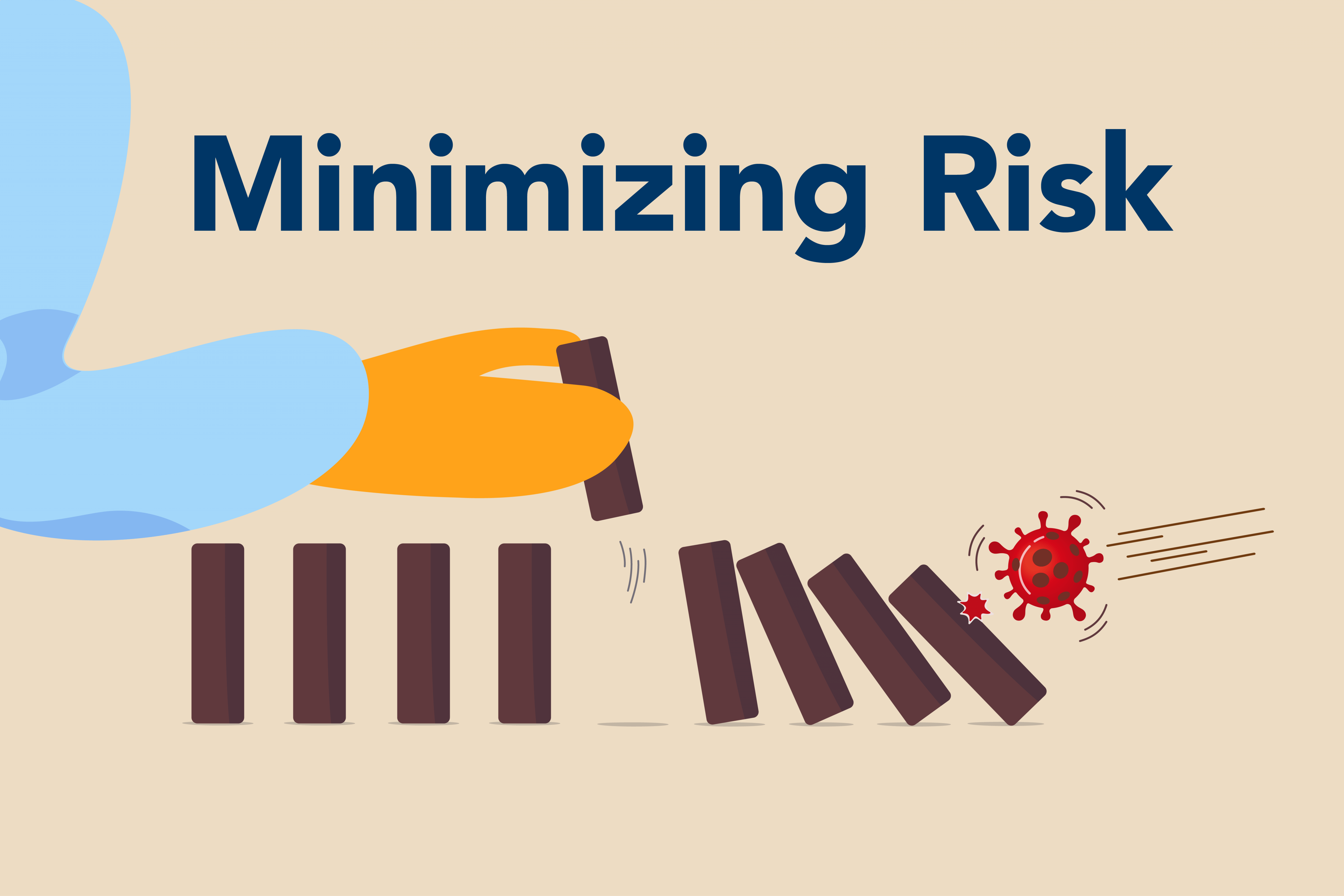Unlocking the Power of Presale Ticketing
In today’s entertainment industry, presale tickets have become a highly sought-after commodity. These exclusive tickets offer fans a unique opportunity to secure seats to their favorite events before they go on sale to the general public. As a result, the demand for presale tickets has skyrocketed, leaving many to wonder: can you sell presale tickets? The answer is a resounding yes, but it’s essential to understand the intricacies of presale ticketing to navigate this lucrative market successfully.
Understanding the Laws and Regulations Surrounding Presale Tickets
Before diving into the world of presale ticketing, it’s essential to understand the legal landscape that governs this industry. Can you sell presale tickets? The answer is yes, but with certain caveats. In the United States, the laws and regulations surrounding ticket sales vary from state to state, with some states imposing specific restrictions on the resale of tickets. For instance, some states prohibit the resale of tickets above face value, while others have laws that dictate how tickets can be resold. It’s crucial to research and understand the laws in your state before selling presale tickets.
In addition to state laws, ticketing platforms like Ticketmaster, StubHub, and Vivid Seats also have their own rules and regulations governing presale ticket sales. These platforms often have strict policies against fraudulent activities, and sellers must comply with these rules to avoid account suspension or termination. Moreover, many artists and event promoters also have their own rules and restrictions on presale ticket sales, which can impact how tickets are resold.
It’s also important to distinguish between authorized presale tickets and unauthorized resale activities. Authorized presale tickets are typically sold through official ticketing platforms or authorized resellers, whereas unauthorized resale activities involve selling tickets without the permission of the event organizer or ticketing platform. Engaging in unauthorized resale activities can result in legal consequences, including fines and even criminal charges.
Ultimately, understanding the laws and regulations surrounding presale tickets is critical to selling them legally and ethically. By doing so, sellers can avoid potential legal issues and ensure a smoother transaction for both themselves and their buyers.
How to Sell Presale Tickets Legally and Ethically
Selling presale tickets can be a lucrative venture, but it’s essential to do so legally and ethically. Can you sell presale tickets? Yes, but only if you adhere to the guidelines and regulations set forth by event organizers, ticketing platforms, and local authorities. To ensure a smooth and profitable experience, follow these best practices.
Firstly, verify the authenticity of your tickets. Make sure they are obtained from authorized sources, such as the event organizer or an approved ticketing platform. Be cautious of counterfeit tickets, which can lead to financial losses and damage to your reputation.
Set fair and competitive prices for your presale tickets. Research the market demand and similar ticket prices to ensure you’re offering a reasonable deal. Keep in mind that prices may fluctuate based on demand, so be prepared to adjust accordingly.
Comply with ticketing platform rules and regulations. Familiarize yourself with the terms and conditions of each platform, including any restrictions on presale ticket sales, pricing, and marketing. Failure to comply can result in account suspension or termination.
Disclose all relevant information to potential buyers, including the ticket type, price, and any applicable fees. Provide accurate descriptions and avoid misleading advertising to maintain a positive reputation.
Finally, be prepared to provide excellent customer service. Respond promptly to buyer inquiries, and ensure timely delivery of tickets. A positive buyer experience can lead to repeat business and positive word-of-mouth.
Presale Ticketing Platforms: A Review of the Most Popular Options
When it comes to buying and selling presale tickets, various platforms have emerged to facilitate these transactions. While some platforms are more popular than others, it’s essential to understand their features, fees, and user experiences to make informed decisions. In this section, we’ll review some of the most popular presale ticketing platforms, highlighting their strengths and weaknesses.
Ticketmaster, one of the most recognizable names in the ticketing industry, offers presale tickets for various events, including concerts, sports, and theater productions. With Ticketmaster, fans can purchase presale tickets through exclusive presale codes or credit card promotions. While Ticketmaster charges service fees, its user-friendly platform and wide selection of events make it a popular choice.
StubHub, another well-established platform, allows users to buy and sell presale tickets for a wide range of events. StubHub’s FanProtect guarantee ensures that tickets are authentic and will be delivered on time. However, users should be aware of StubHub’s service fees, which can range from 10% to 15% of the ticket price.
Vivid Seats, a newer player in the market, has quickly gained popularity due to its user-friendly interface and competitive pricing. Vivid Seats offers a 100% buyer guarantee, ensuring that tickets are authentic and will be delivered on time. With Vivid Seats, users can also earn rewards points for purchases, redeemable for future tickets or events.
When using these platforms, it’s crucial to understand their policies and fees to avoid surprises. For instance, some platforms may charge higher fees for presale tickets than for regular tickets. Additionally, users should always verify the authenticity of tickets and read reviews from other customers to ensure a smooth and secure transaction. By doing so, fans can confidently buy and sell presale tickets, knowing they’re using trusted and reputable platforms.
In conclusion, popular presale ticketing platforms like Ticketmaster, StubHub, and Vivid Seats offer fans a convenient way to buy and sell presale tickets. By understanding their features, fees, and user experiences, fans can make informed decisions and capitalize on the benefits of presale ticketing. And, when done correctly, selling presale tickets can be a lucrative opportunity, as long as you follow the guidelines and best practices outlined in this article.
The Benefits of Selling Presale Tickets: Why It’s a Lucrative Opportunity
Selling presale tickets can be a lucrative opportunity for ticket holders and resellers alike. The ability to purchase tickets before they go on sale to the general public gives presale ticket holders an edge in securing high-demand tickets. As a result, they can capitalize on the opportunity to resell these tickets at a profit, making it a viable way to earn extra income. Those who can sell presale tickets strategically can reap significant financial rewards, especially for popular events where demand is high. By understanding the presale ticket market and being able to identify opportunities to sell tickets at a premium, sellers can generate substantial revenue. Additionally, selling presale tickets allows individuals to take advantage of the hype surrounding popular events, which can drive up demand and prices. With the right approach, selling presale tickets can become a profitable venture, making it an attractive option for those looking to monetize their ticket holdings.
Managing Risk: Minimizing Losses When Selling Presale Tickets
When selling presale tickets, it’s essential to be aware of the potential risks involved. While selling presale tickets can be a lucrative opportunity, there are instances where events can get cancelled or postponed, leaving sellers with significant losses. To mitigate these risks, sellers must adopt strategies to minimize losses and protect themselves from fraudulent activities.
One of the most critical aspects of managing risk is to thoroughly research the event and the seller. Before buying presale tickets, verify the authenticity of the tickets and the seller’s reputation. Check for reviews, ratings, and testimonials from previous buyers to ensure that the seller is trustworthy. Additionally, make sure to only purchase tickets from authorized sellers or reputable ticketing platforms.
Another strategy to minimize losses is to set realistic prices for presale tickets. Avoid overpricing tickets, as this can lead to unsold inventory and significant losses. Monitor the market demand and adjust prices accordingly to ensure that tickets are sold quickly and at a fair price.
In the event of a cancellation or postponement, have a plan in place to handle refunds and customer queries. Communicate promptly with buyers, and provide clear instructions on how to proceed. This will help maintain a positive reputation and minimize losses.
Furthermore, sellers should be aware of the ticketing platform’s policies and procedures for handling cancellations, refunds, and disputes. Understand the platform’s fees and charges to avoid any surprises. By following these strategies, sellers can minimize losses and protect themselves from fraudulent activities when selling presale tickets.
Ultimately, selling presale tickets comes with inherent risks, but by being aware of these risks and adopting strategies to mitigate them, sellers can minimize losses and capitalize on the benefits of selling presale tickets. Remember, can you sell presale tickets? Yes, but it’s crucial to do so legally, ethically, and with a deep understanding of the risks involved.
The Future of Presale Ticketing: Trends and Innovations
The presale ticketing landscape is evolving, driven by technological advancements, changing consumer behaviors, and innovative business models. As the demand for exclusive experiences continues to grow, presale ticketing platforms are adapting to meet the needs of fans and event organizers.
One trend shaping the future of presale ticketing is the integration of blockchain technology. This innovative approach enables secure, transparent, and tamper-proof ticket transactions, reducing the risk of fraud and increasing trust among buyers and sellers. Moreover, blockchain-based ticketing platforms can provide real-time tracking and verification of ticket ownership, ensuring that fans receive authentic tickets and event organizers maintain control over their inventory.
Another significant development is the rise of dynamic pricing, where ticket prices adjust in real-time based on demand. This approach allows event organizers to optimize revenue and fans to purchase tickets at fair prices. Additionally, dynamic pricing can help reduce the incentives for scalpers and unauthorized resellers, promoting a more equitable ticketing ecosystem.
Mobile ticketing is also gaining traction, with many platforms now offering mobile-optimized experiences for buying, selling, and transferring presale tickets. This shift towards mobile-first ticketing is expected to continue, driven by the increasing adoption of mobile payments and digital wallets.
As the presale ticketing landscape continues to evolve, it’s essential for fans, event organizers, and ticketing platforms to stay informed about emerging trends and innovations. By embracing these changes, they can unlock new opportunities, enhance the fan experience, and create a more sustainable and transparent ticketing industry. With the ability to sell presale tickets comes the responsibility to do so ethically and legally, ensuring that the benefits of presale ticketing are shared equitably among all stakeholders.
In this rapidly changing environment, understanding the intricacies of presale ticketing is crucial for success. By grasping the concepts outlined in this article, fans and event organizers can navigate the complex world of presale ticketing with confidence, leveraging the opportunities that this lucrative market has to offer. As the demand for exclusive experiences continues to grow, the importance of knowledge and expertise in presale ticketing will only continue to increase.
Conclusion: Navigating the World of Presale Ticketing
In conclusion, selling presale tickets can be a lucrative opportunity for fans and ticket resellers alike. However, it is essential to understand the laws, regulations, and best practices surrounding presale ticketing to avoid any legal or financial repercussions. By grasping the concept of presale tickets, understanding the legal aspects, and following the guidelines outlined in this article, individuals can capitalize on this opportunity while minimizing risks. For those wondering, “can you sell presale tickets?” the answer is yes, but it requires a thorough understanding of the ticketing landscape. From verifying ticket authenticity to managing risk, the key to success lies in being informed and proactive. As the entertainment industry continues to evolve, it is crucial to stay up-to-date with the latest trends and innovations in presale ticketing. By doing so, sellers can navigate the world of presale ticketing with confidence, ensuring a seamless and profitable experience for all parties involved.


